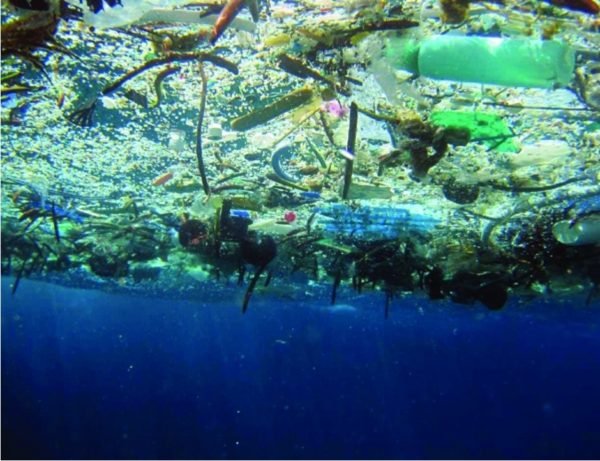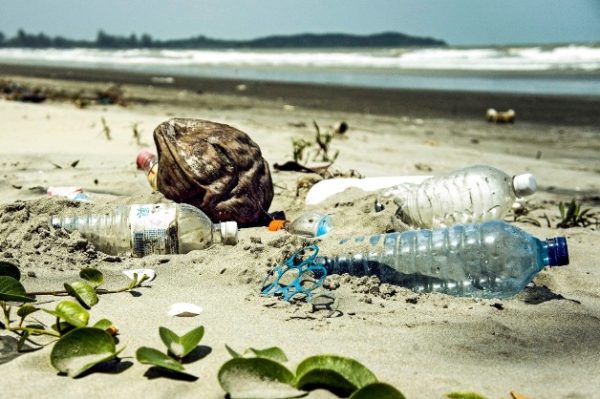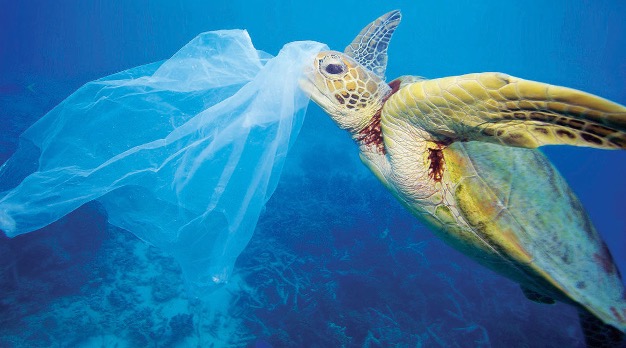Oceans are making up around 72 % of the Earth’s surface; they provide home for thousands of different marine animal and plant species; they are the life of our planet, but despite that we keep polluting them.
Marine pollution is something that most people are aware of, and that knowledge is good. Increasing awareness about environmental issues that our planet faces is much needed, especially nowadays when the climate crisis represents a sword of Damocles hanging right above our heads. However, just knowing about a problem isn’t enough. There needs to be an action.

It needs to be an action which will steer the future of our planet in the right direction.The problem of marine pollution affects many countries, including Thailand. A country with one of the greatest natural biodiversities in the entire world, priding itself with one of the most unique marine ecosystems, has too fallen victim to pollution.
PLASTIC POLLUTION

Plastic waste (e.g. plastic bottles, plastic bags, plastic plates and utensils, etc.) is especially dangerous for oceans because it contaminates the pristine marine ecosystems with chemical substances which naturally have no place there and therefore, can cause serious harm to all the marine life. Plastic waste is also a source of dangerous accumulated bacteria which can spread many diseases, fatal for many marine organisms, especially coral reefs.
MARINE DEATHS
Marine animals often die due to consuming plastic or other waste by mistaking it for food. Other times they die because their bodies reach fatal toxicity levels by consuming too many toxic micro-particles which are released in the water from the marine litter. Other times animals die of suffocation because they get entangled in some form of foreign object.
All of those deaths can be prevented.

Some people (even those who should know better!) ask ‘why should I clean the beach when I didn’t leave the trash there?’. The ocean belongs to everyone. We all share it, we can all use it, but we all also have the responsibility for it.
Problems that affect lots of people need to be solved exactly that way – by lots of people. Collectively. As a team.
Fortunately, there are already people who think this way and participate in a lot of different clean-ups. There are many groups (e.g. Trash Hero and Project Aware) that organise regular clean-ups which anyone can join. It is not a commitment for life. It can be just a one-time thing. But even that will help.
YOU CAN HELP
You can participate in a clean-up that is being organised near you or you can organise one yourself. It can be as simple as you going to the beach, maybe asking some friends to come along with you, and collecting all the things which have no business being there (e.g. plastic bottles, plastic bags, etc.) Just an hour, maybe less. Get some fresh air, a bit of exercise, maybe some company and combine it with something useful.
Lead by example.
Be a HERO.
Thank you
